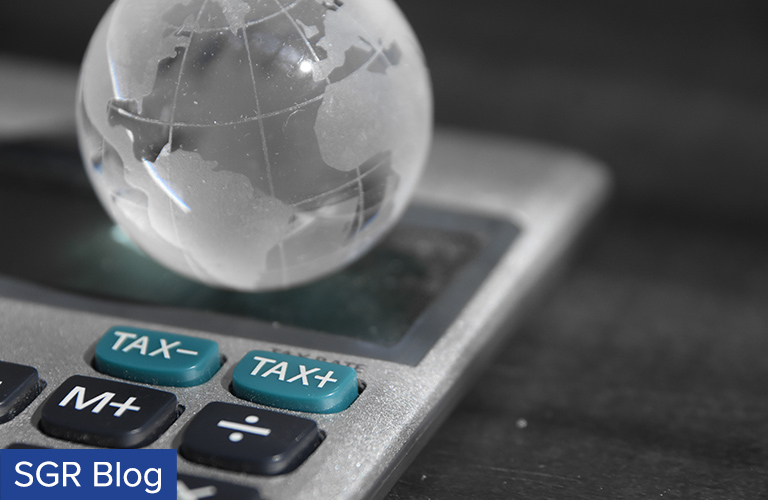
As the global economy rapidly shifts and accelerates, the OECD has been focusing intently on developing and strengthening international tax rules in recent years. Back in February 2013, the OECD released a report addressing its concerns that existing international tax standards do not reflect an increasingly global economy, and more specifically, an ever-growing digital economy. The OECD is focused on answering two key questions that frequently come up: First, as multi-national enterprises (MNEs) make up a larger proportion of the global economy over time, and as more MNEs offer digital products and services to consumers worldwide, where is the value of these intangible assets created? Second, how should they be taxed?
A couple of years later, in 2015, the OECD developed a newly proposed international tax framework (“Inclusive Framework”) and invited interested countries and jurisdictions to negotiate and implement multilateral agreements under it. To date, there are over 135 member countries and jurisdictions working to reach a consensus within this framework.
Then in 2019, the OECD refined its framework and established a two-pillar approach. Pillar One is designed to redefine “nexus,” or where taxing rights should arise. While traditional taxing rights may arise as a result of the physical presence of a business in a particular jurisdiction, OECD sets out to redefine the terms in order to more accurately capture activities that are connected to revenue and sales. The goal of Pillar One is to make sure that MNEs will pay taxes wherever they conduct sustained and significant business, even where they do not have any physical presence.
Pillar Two sets out to establish a global minimum tax to ensure that large MNEs pay a minimum tax regardless of their tax jurisdictions. The general purpose of the second pillar is similar to that under the Global Intangible Low-Taxed Income (GILTI) regime enacted under the 2017 Tax Cuts and Jobs Act: (i) ensure minimum taxation while avoiding double taxation or taxation where there is no economic profit, (ii) cope with different tax system designs by jurisdictions as well as different operating models by businesses, (iii) ensure transparency and a level playing field, and (iv) minimize administrative and compliance costs.
In more recent years, however, negotiation efforts among member countries have cooled due to mounting political differences and the COVID-19 pandemic. At the same time, a growing global trade war appears to be heating up. In June 2020, the United States announced that it will pause OECD negotiations. That same month, the United States Trade Representative (USTR) announced one of its broadest investigations into various Digital Service Taxes (DSTs) that have been either adopted or proposed by ten of its trading partners. As of March 26, 2021, the USTR is pressing on by issuing a public notice and comment process on DSTs adopted by six of the original ten trading partners: Austria, India, Italy, Spain, Turkey, and the United Kingdom. It further maintains that until an international consensus has been reached, it will uphold the option under Section 301 of the Trade Act of 1974 to impose tariffs.
What is so troubling is that just as a global, consensus-driven framework is taking shape, fractures are quickly appearing as more countries adopt unilateral DSTs. There seems to be a form of prisoner’s dilemma at play, as individual countries struggle with the choice to either cooperate by participating in a unified tax plan, or act in their own self-interests by adopting their own digital tax policies.
On April 7, 2021 the U.S. Treasury Department issued the Made in America Tax Plan, which has been shared with OECD for consideration and integration into the framework. President Biden’s tax proposal specifically outlines a plan to tax MNEs under a global minimum corporate tax. Whether the OECD will ultimately adopt and integrate key elements of Biden’s tax plan into its framework, or whether the U.S. will unilaterally sign them into law, remains to be seen. The pressure is on as the global community watches to see whether the OECD can help its members reach an agreed-upon set of international tax rules, or whether sentiments of protectionism and distrust will unfold into an all-out global trade war.

